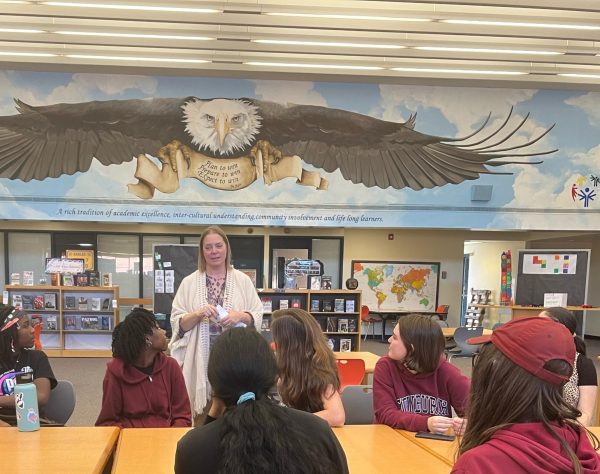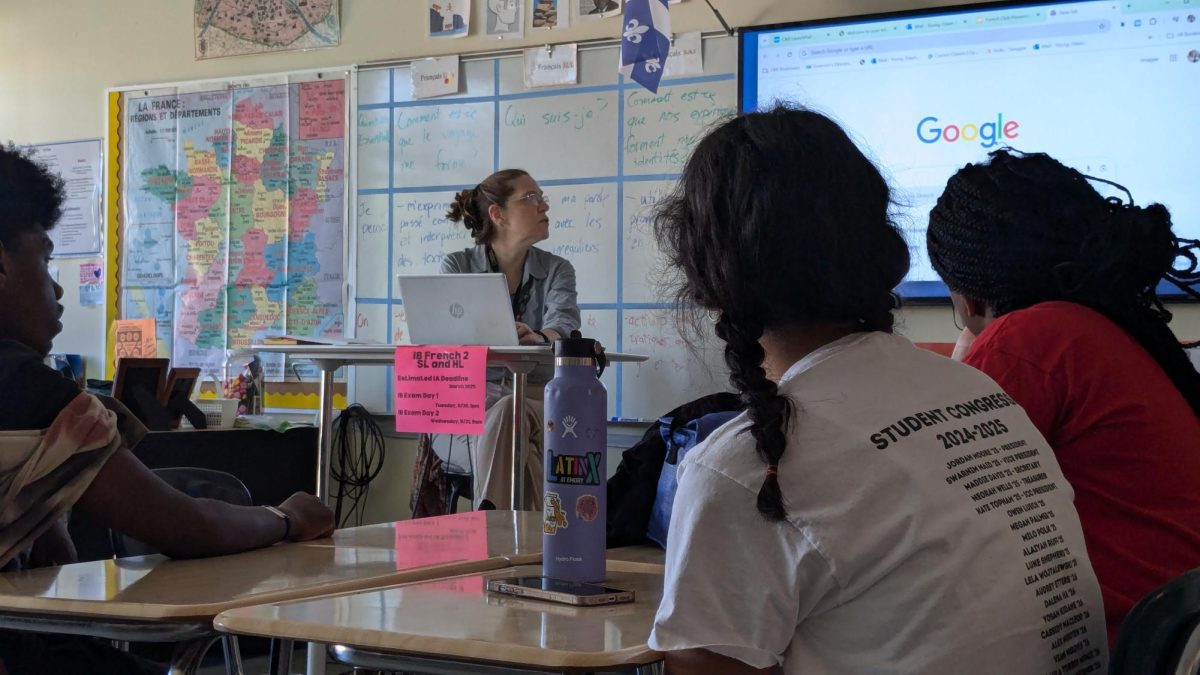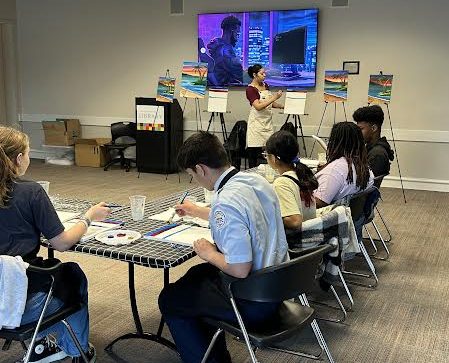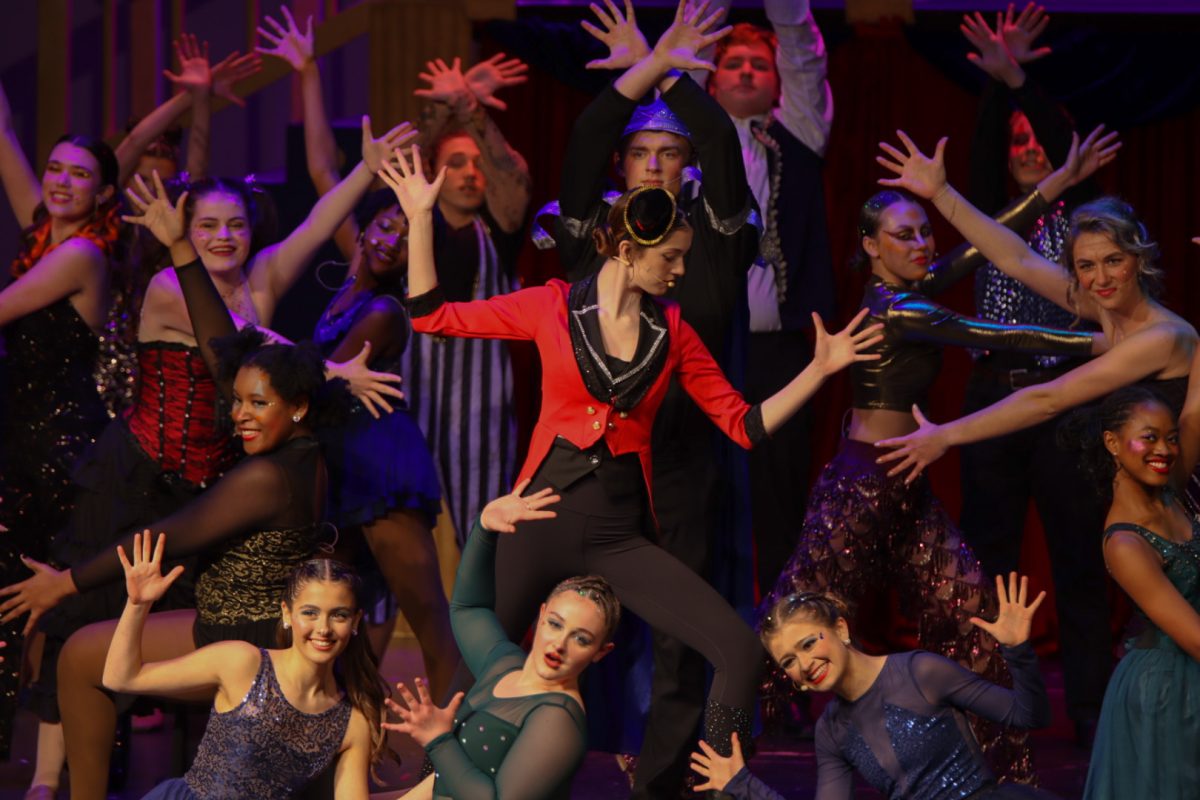Imagine a high school auditorium, packed full of people for the first showing of the school’s musical. The house lights dim, the room quiets, the curtains draw open- and the stage is vastly empty. That is the very real possibility for schools across the Charlotte-Mecklenburg system.
Teacher stipends play a crucial role in the lives of both students and educators. Stipends give students greater opportunity to participate in extracurricular activities by giving teachers the financial incentive and compensation to host these clubs.
Stipends are additional pay offered to staff for taking on responsibilities outside of the traditionally defined classroom. In years past, schools in CMS have been given a set amount of money to then distribute among staff who run extracurricular activities. After recent examination of the distribution of stipends across the district, it has been found that the allocation fluctuates dramatically between schools. In an effort to solve this problem, CMS has decided to change its formal policies, instead creating a uniform distribution of stipend funding by club/activity.
The new system for stipend payments begins at the school. Now the School Improvement Team (SIT) decides as a collective, how to allocate the funding. SIT not only consists of school faculty- the principal, an assistant principal, three teachers, a support staff member, and an instructional assistant- but also the Parent Teacher Students Organization (PTSO) president and seven parents.
With the addition of parents being included in the decision making process, concerns are being raised regarding potential bias and preference being shown.
“I’d like to think, especially out parents here at East, recognize the total contribution,” said Christopher Moreau, the band director at East Meck. “But again, other schools may not be that way, and so you’re creating inequity across the district for that.”
This change in policy only affects educators and staff hosting non-athletic activities; there is an entirely separate policy for athletic stipends. With this, the question has been raised if the staff who are not associated with athletics are being fairly compensated.
Questions of compensation for educators in the arts department is hardly a new problem, but it is being further explored with this change in funding. One such educator, Bernadette Macleod, theater and musical director at East Meck, believes that this change is directly affecting educators within the arts department.
“We’re teachers, but we’re also artists [and] are not fairly compensated for those experiences,” Macleod said.
In order to get stipend funding teachers must submit an application. When applying, educators submit what activity/activities they hosted, how many students were involved, and the number of club hours after school. The number of clubs allowed to receive funding is limited, and defined by school population. However, principals are able to submit a request for additional funds- these additional requests are reviewed by a secondary board.
With these changes in stipend funding, educators are beginning to re-evaluate the worth of their programs in their personal lives. In some cases, the time put in for the activity reflects that of a part-time job, so the question becomes whether or not to sponsor the activity at the expense of an educator’s personal life, for the little amount of money they could potentially earn.

“We as teachers are expected to give our all of our free time to our jobs,” said Robin Williams, East Meck’s media coordinator.
“A lot of teachers. because they don’t get paid a lot, depend on those stipends, especially when they’re sacrificing time with their family.”
Moreau has a few additional thoughts on this. “We have to decide whether we’re going t do this for free for the student benefit, or whether we’re going to be compensated, anything that I don’t think I’m going to be compensated for- I probably won’t offer anymore.”
While the intent behind the new policy was well-meaning, its efficiency seems to fall short in the eyes of those it affects most- the staff hosting these activities. When teachers aren’t paid properly for the work they do outside of the classroom, students lose access to valuable opportunities. Macleod has final thoughts on this belief, “because when you’re right, sometimes you have to speak up about it.”










Mitchel C • Apr 29, 2025 at 2:02 pm
I agree with the stance that, “students lose access to valuable opportunities” without the help of teachers hosting clothes. I never thought about the effect that teachers have on clubs and after school activities. This brings to light a great subject that needs a change before it becomes a bigger problem.